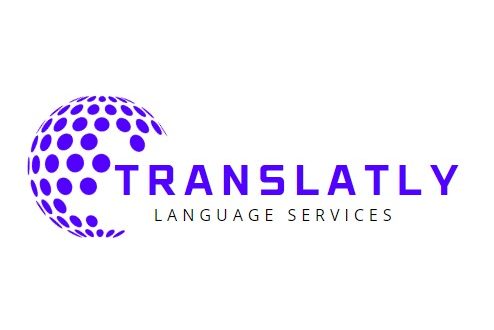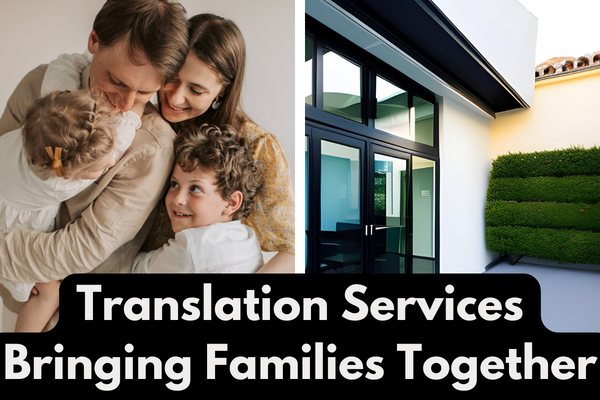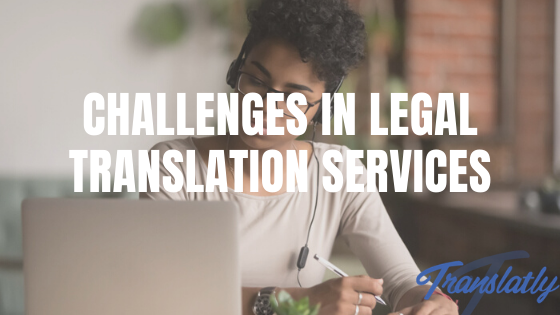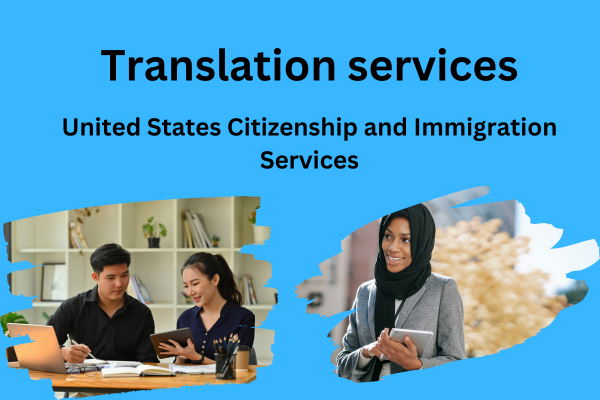Bringing Families Together: How Translation Services Facilitate International Relations
In today’s interconnected world, families are increasingly spread across different countries and continents.
Whether due to work opportunities, educational pursuits, or personal circumstances, maintaining strong connections across borders has become a top priority for many families.
However, language barriers can often hinder effective communication and limit the ability to nurture these essential relationships.
This is where the importance of translation services for multilingual families comes to the forefront.
In this blog post, we will delve into how translation services play a vital role in facilitating international relations, bridging linguistic gaps, and bringing families closer together.
So, if you’re eager to explore how translation services can strengthen the bonds of your multilingual family, read on to discover the power of effective communication across cultures.
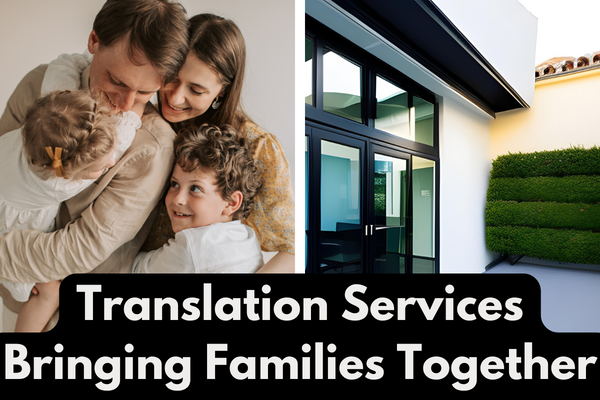
What Is Translation For Families?
As the world becomes more interconnected, families are encountering language barriers more frequently. Translation services for families have become a necessity for many households with members who do not speak English as their first language.
In this article, we will explore what translation services for families are and how they can benefit households. Translation is the process of converting written or spoken words from one language to another.
Translation services for families involve a professional translator or interpreter who can help bridge communication gaps between family members who speak different languages. These services can be particularly helpful in situations such as doctor’s appointments, parent-teacher conferences at school, or legal proceedings.
One of the key benefits of translation services for families is that they help ensure equal access to important information and resources regardless of language ability.
For example, if a parent doesn’t speak English fluently but needs to attend a meeting at their child’s school, having an interpreter present can ensure that they understand all of the information being discussed and can participate fully in the conversation.
It’s also worth noting that translation services for families go beyond just verbal communication. Written materials such as forms, applications, and contracts may need to be translated as well.
This is especially important when it comes to legal documents where accuracy is critical. In these situations, having a professional translator on hand can help prevent misunderstandings or mistakes that could have serious consequences.
In addition to helping facilitate communication within households, translation services for families can also promote cultural understanding and respect.
When individuals from different linguistic backgrounds are able to communicate effectively with each other, it opens up opportunities for shared experiences and deeper connections.
Overall, translation services for families play an essential role in ensuring effective communication within households where multiple languages are spoken.
They help ensure equal access to important information and resources while promoting cultural understanding and respect between family members.
How can Translation services for families that don’t speak English?
Families that do not speak English may find themselves in a challenging position when it comes to accessing services such as healthcare, education, legal assistance, and many others.
Communication barriers can lead to misunderstandings, frustration, and even harm. This is where translation services come in.
In this section of the article, we will explore the different ways in which families that do not speak English can benefit from translation services. One of the most common ways to access translation services is through an interpreter.
Interpreters are trained professionals who facilitate communication between two or more parties who speak different languages. They can work in person or remotely via phone or video conferencing.
For families that need interpretation services frequently, some agencies offer on-demand interpretation services that allow them to connect with an interpreter quickly whenever they need it. Another option for families is document translation.
Many important documents such as birth certificates, medical records, and legal papers need to be translated accurately to ensure they are understood by everyone involved.
Some agencies provide certified translations for official documents that may require a seal or signature from a licensed translator.
Technology also plays a significant role in providing translation services for families. Translation apps and software have become increasingly popular over the years and can be used on various devices such as smartphones and tablets.
They use artificial intelligence and machine learning algorithms that allow them to translate text or speech instantly.
For families with school-aged children who are still learning English as a second language (ESL), schools may offer language support programs such as ESL classes or bilingual education programs where students receive instruction in both their home language and English simultaneously.
Community organizations play an essential role in providing resources for families who do not speak English. These organizations may offer language-specific support groups or workshops on topics such as parenting skills, health education, financial literacy among others.
There are several options available for families who do not speak English when it comes to accessing translation services.
Interpreters, document translation, technology-based solutions, language support programs in schools, and community organizations are all valuable resources that can help families navigate communication barriers and access the services they need.
What is an agency that provides translation service for families whose home language is other than English?
There are various agencies that provide translation services for families whose home language is other than English. Some of the most notable ones include:
1. Language Line Language Line is a leading provider of language interpretation and translation services across the globe.
The agency offers telephonic, video, and in-person interpreting services to clients from different industries, including healthcare, legal, government, and education. Language Line has a diverse pool of over 12,000 professional interpreters who are fluent in more than 240 languages.
2. Translation Services USA Translation Services USA is another prominent agency that specializes in providing translation solutions to individuals and businesses worldwide.
The agency offers document translation services for personal documents such as birth certificates and passports as well as business documents like legal contracts and financial reports. They have expertise in over 150 languages with certified translators who are native speakers.
3. Trusted Translations Trusted Translations provides high-quality document translation solutions to clients globally at affordable prices.
The agency has a team of certified translators who specialize in various fields such as legal, medical, technical translations among others. They also offer website localization services to help businesses expand their reach to different markets worldwide.
4. Global Speak Translations Global Speak Translations is an award-winning company that provides language interpretation and translation solutions for businesses across various industries including healthcare, legal, finance among others.
The company boasts of over 15 years of experience providing linguistic solutions globally. 5. Day Translations
Day translations provide professional document translation services for clients globally at affordable rates with an emphasis on speed and quality service delivery.They offer several translating options including machine translations with human editors or certified human-only translations depending on the client’s needs. These agencies offer exceptional language interpreting and translation solutions tailored to meet diverse client needs globally using professionals who are native speakers or have completed relevant certification programs to ensure precise communication while observing cultural nuances of the target market’s language dialects.
Conclusion
In today’s globalized world, effective communication is essential for creating meaningful relationships, building trust and understanding, and ensuring that everyone has access to the same opportunities.
For families who speak languages other than English, translation services can be a lifeline, allowing them to navigate complex systems such as healthcare or education and communicate effectively with others. The need for translation services for families is more critical now than ever before.
With the current COVID-19 pandemic, remote learning has become the new normal for schools worldwide. This change in learning environment has brought challenges in communication between parents who speak languages other than English and their children’s teachers.
Translation services have been very useful in ensuring that parents can access necessary information about their children’s performance and progress without language barriers. Language should never be a barrier to families receiving adequate care or accessing needed resources.
Professional agencies that provide translation services focus on ensuring every family receives the highest quality of service available irrespective of their language or culture. This ensures that no family is left out or excluded from essential activities due to linguistic barriers.
Translation Services are essential for families whose home language is other than English enable them to lead healthy lifestyles by facilitating communication with healthcare providers while also supporting their children’s education by making it possible to communicate with teachers effectively. Although it may seem like a minor detail, bridging the language gap can improve intercultural relations in our communities while also promoting social cohesion regardless of one’s cultural background or where they come from.
